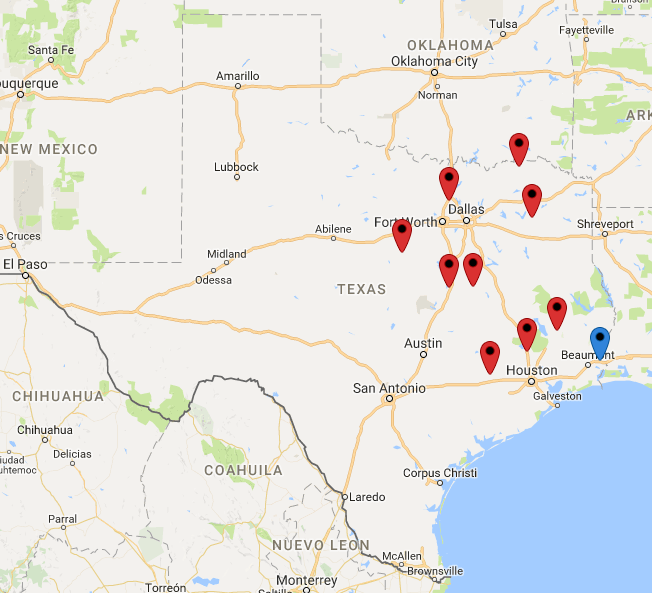Six new cases of West Nile virus (WNV) have been confirmed at the Texas A&M Veterinary Medical Diagnostic Laboratory (TVMDL), bringing the total to 9. The counties with positive cases are listed below:
- Limestone County
- Erath County
- Denton County
- Austin County
- Montgomery County
- Lamar County
- Polk County
- McLennan County
- Wood County

One case of Eastern Equine Encephalitis (EEE) was found in Orange County.
West Nile Virus is regularly found in the United States, and birds serve as the primary host of the disease. Infected mosquitoes can transmit the virus from birds and then carry it to horses or people. The virus can cause encephalitis, an inflammation of the brain and spinal cord. Infected horses may or may not show neurological symptoms and many recover completely, especially with annual vaccinations.
Vaccines for horses are widely available and have been proven to be effective in preventing infection.
EEE is a mosquito-transmitted disease that is much more severe than WNV. The mortality rate in horses from WNV is reported at around 30%, while the rate for EEE is almost 90%. Infected mosquitoes are the primary source for EEE.
The virus causes inflammation or swelling of the brain and spinal cord. General symptoms include central nervous system signs such as: head pressing, convulsions, lack of response to facial stimulation, fever above 103 degrees, ataxia, paralysis, anorexia, depression and stupor. Other symptoms may include irregular gait, teeth grinding, in-coordination, circling, and staggering. All symptoms may not be exhibited by an infected horse.



One thought on “Texas reports six West Nile virus cases in horses, one EEE”